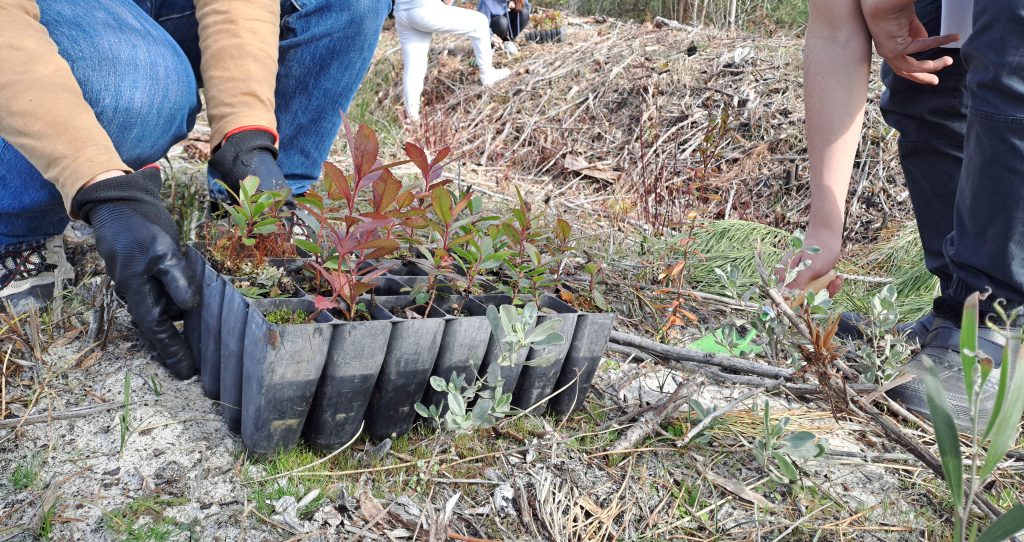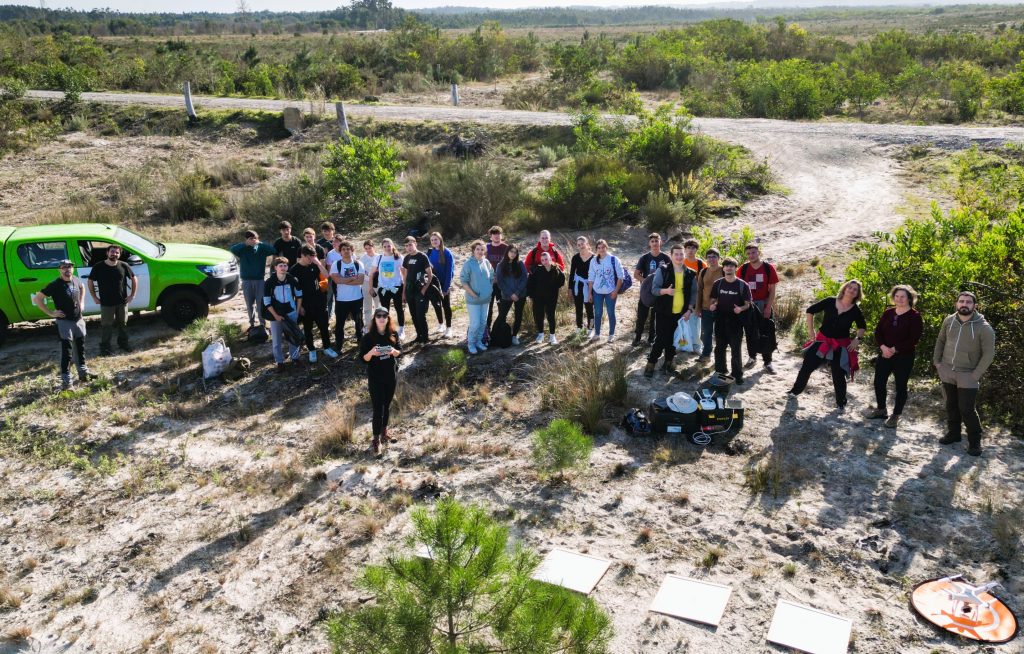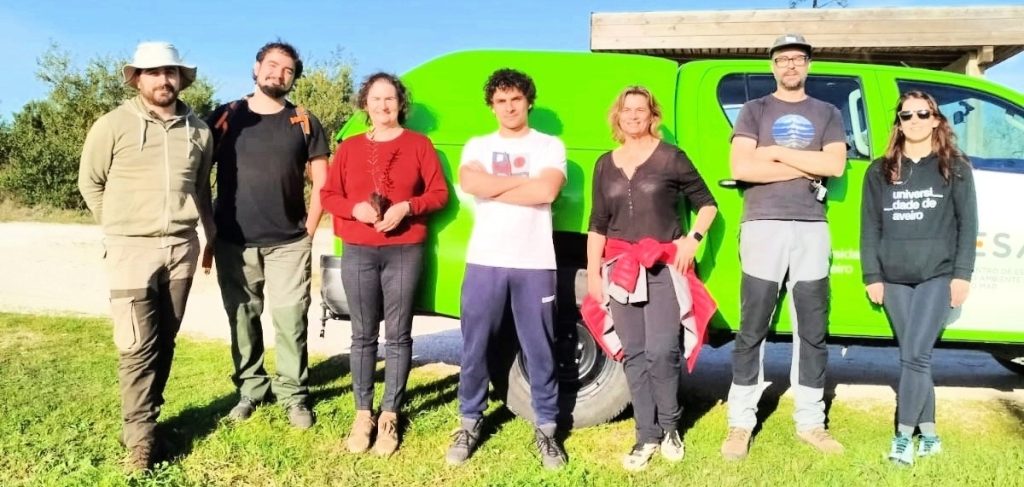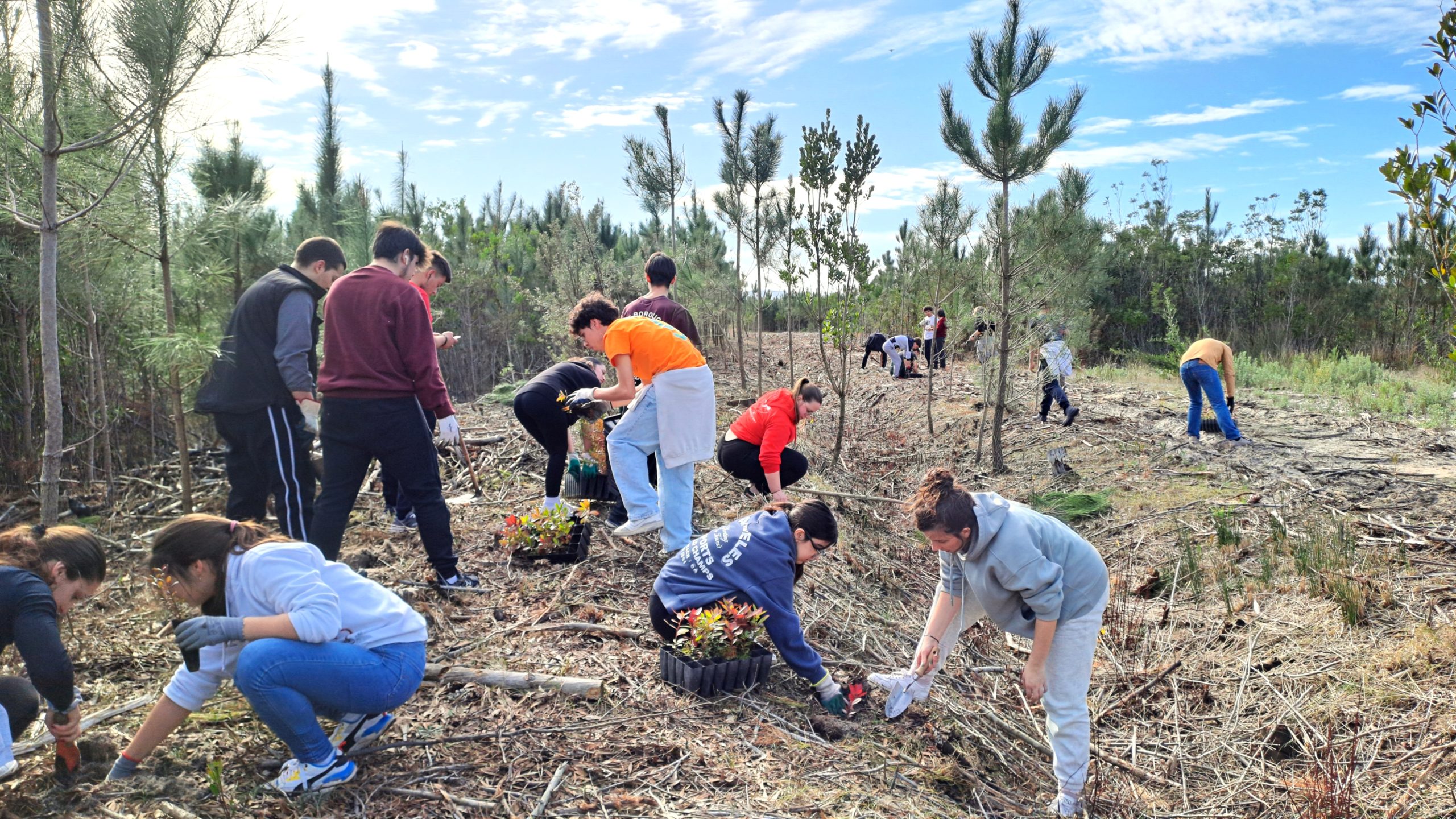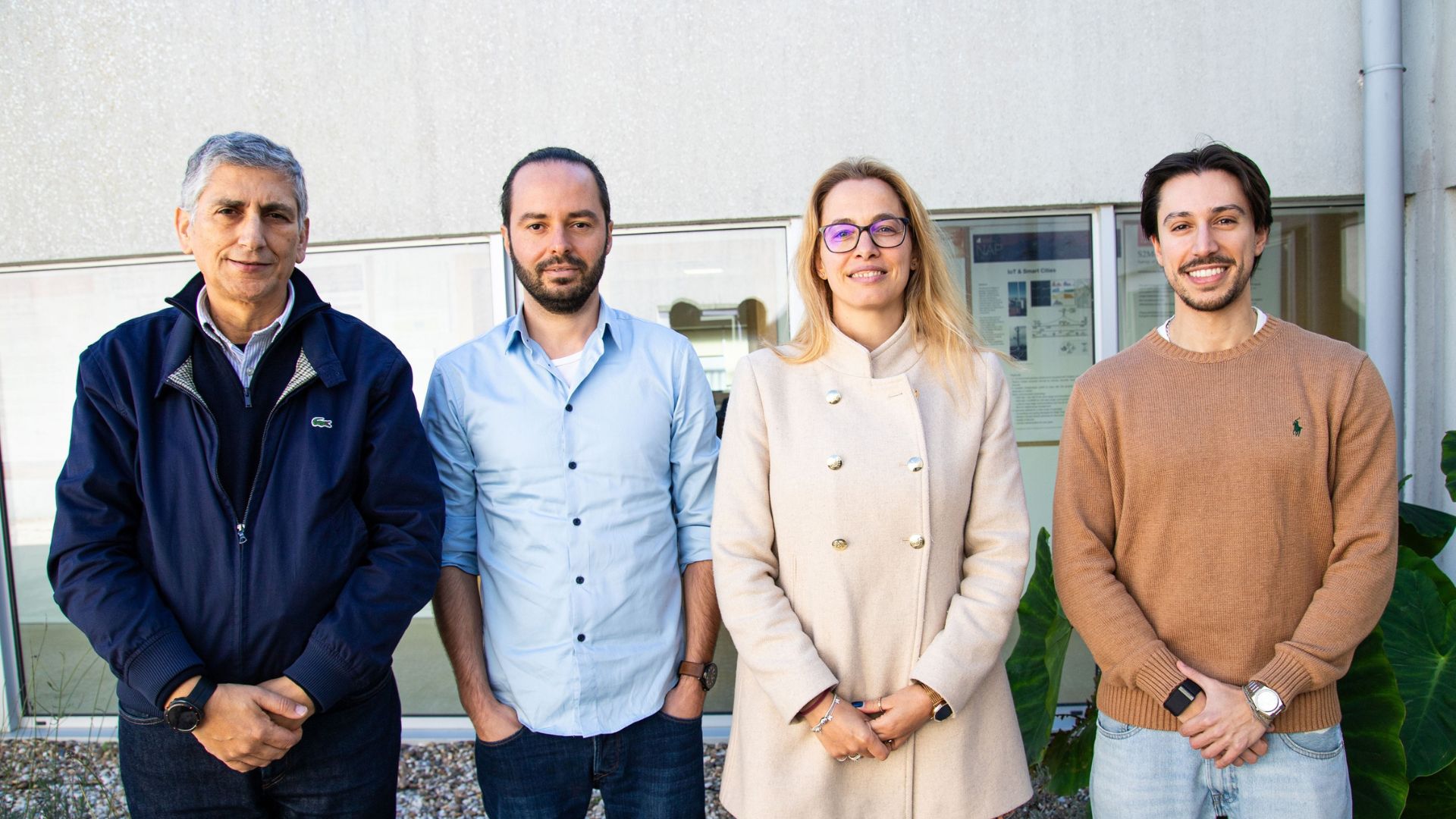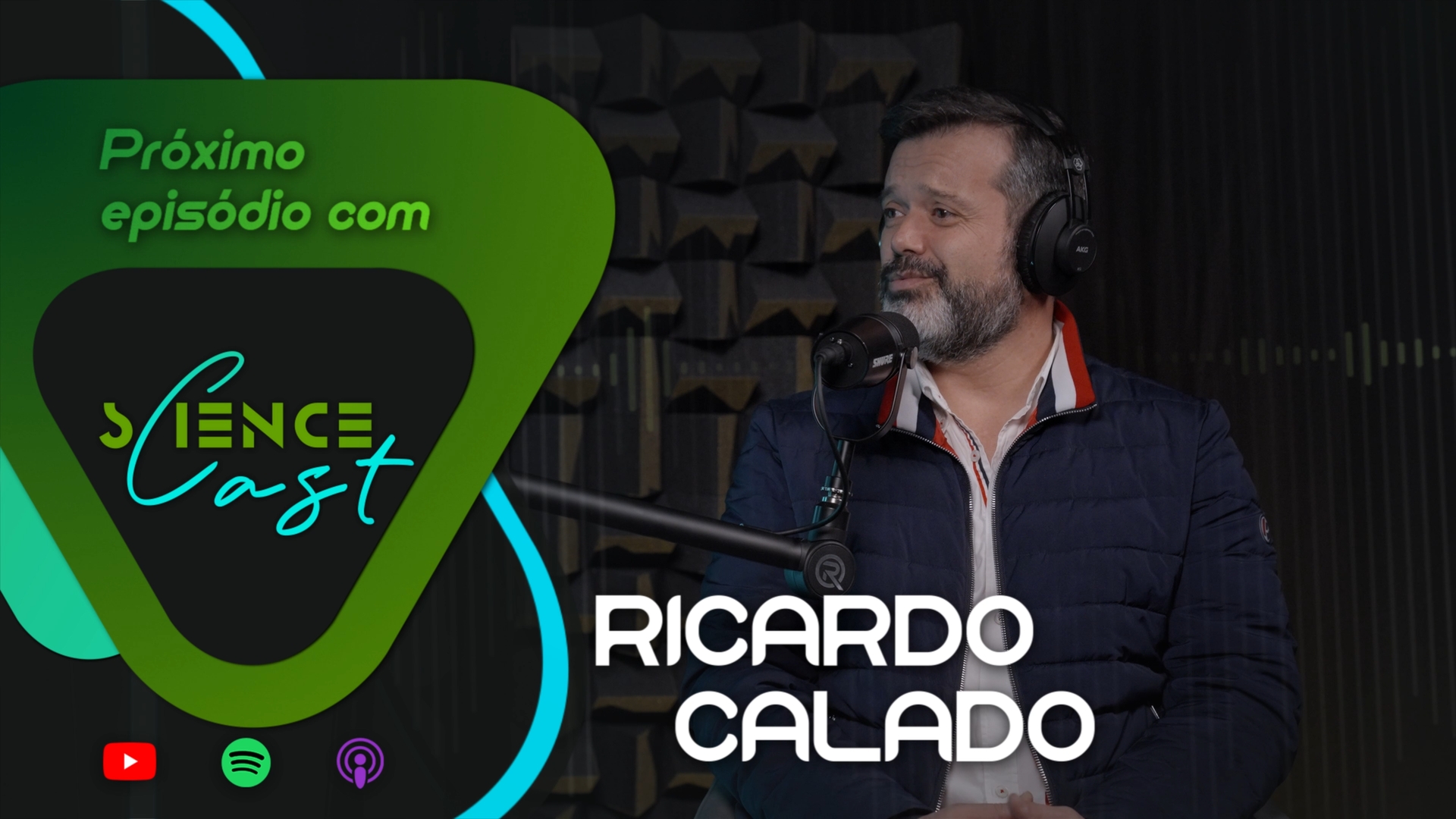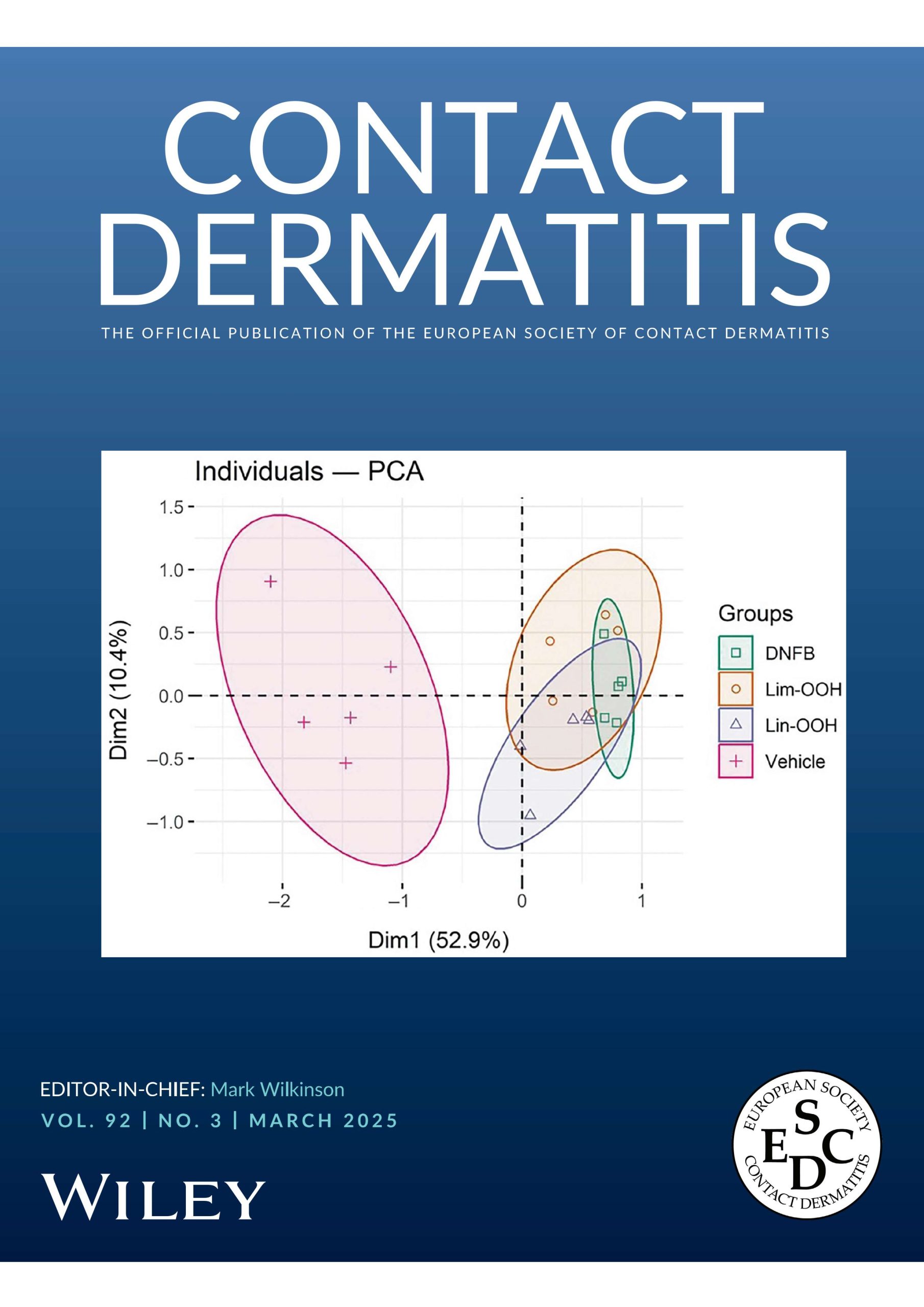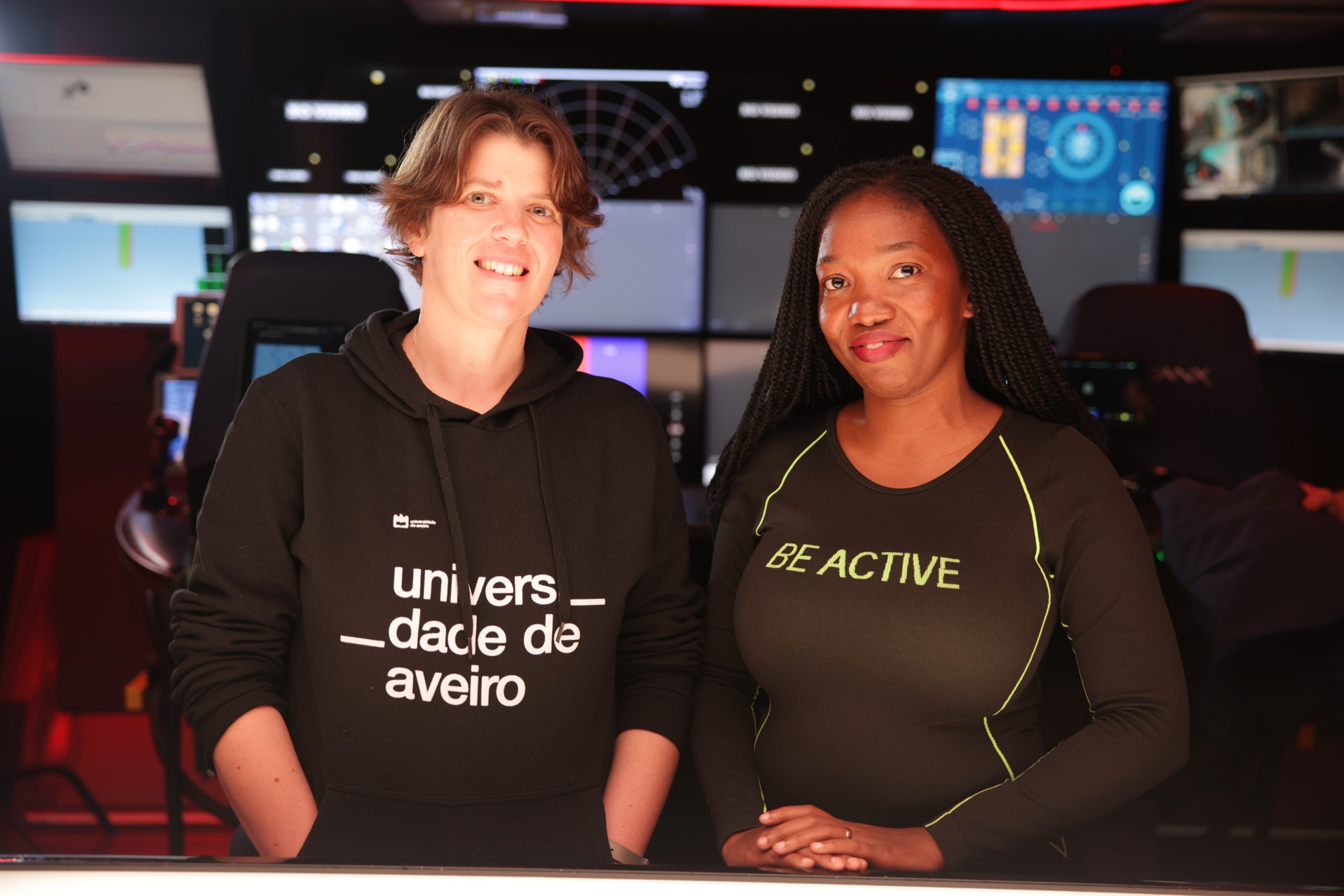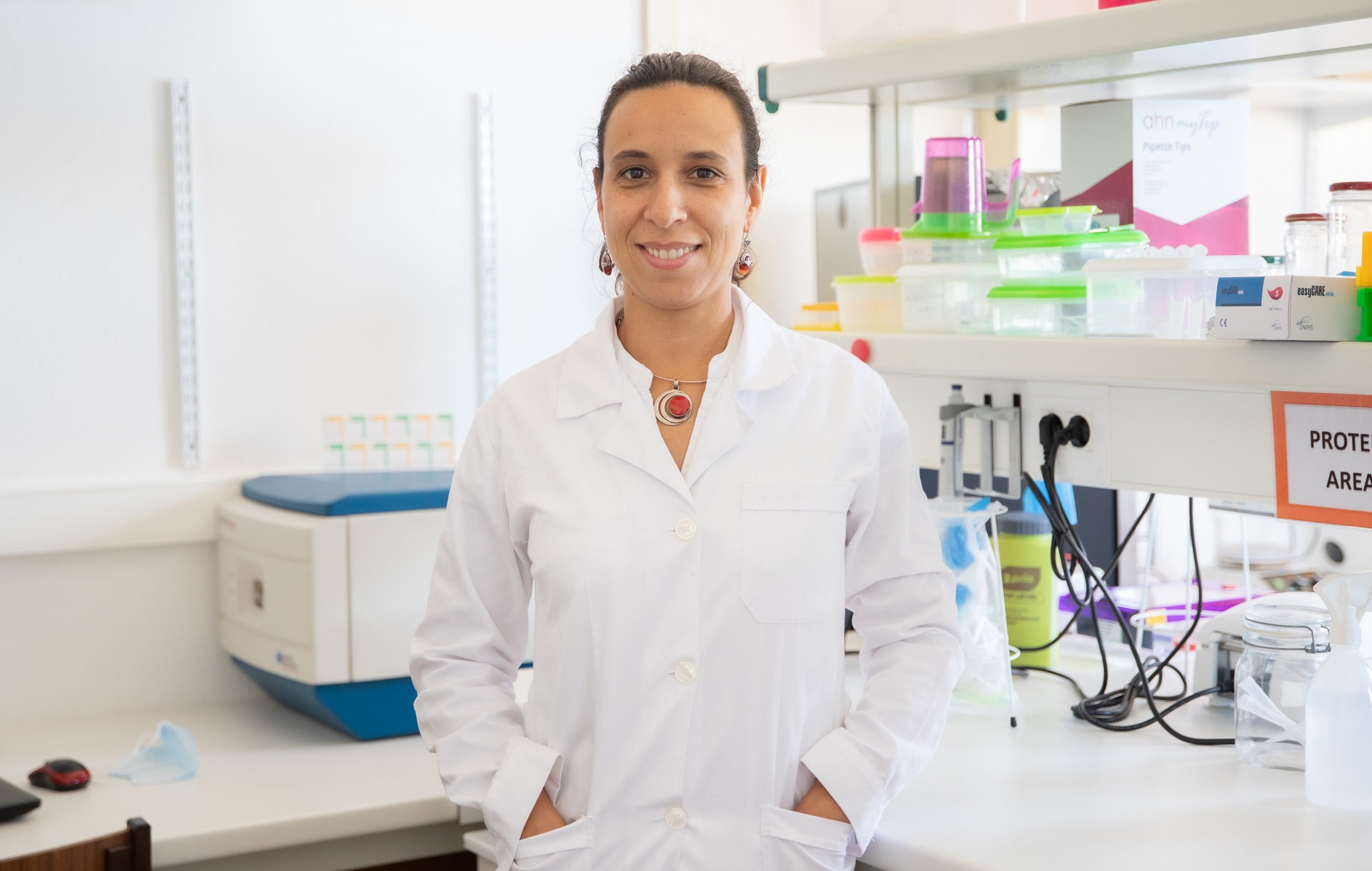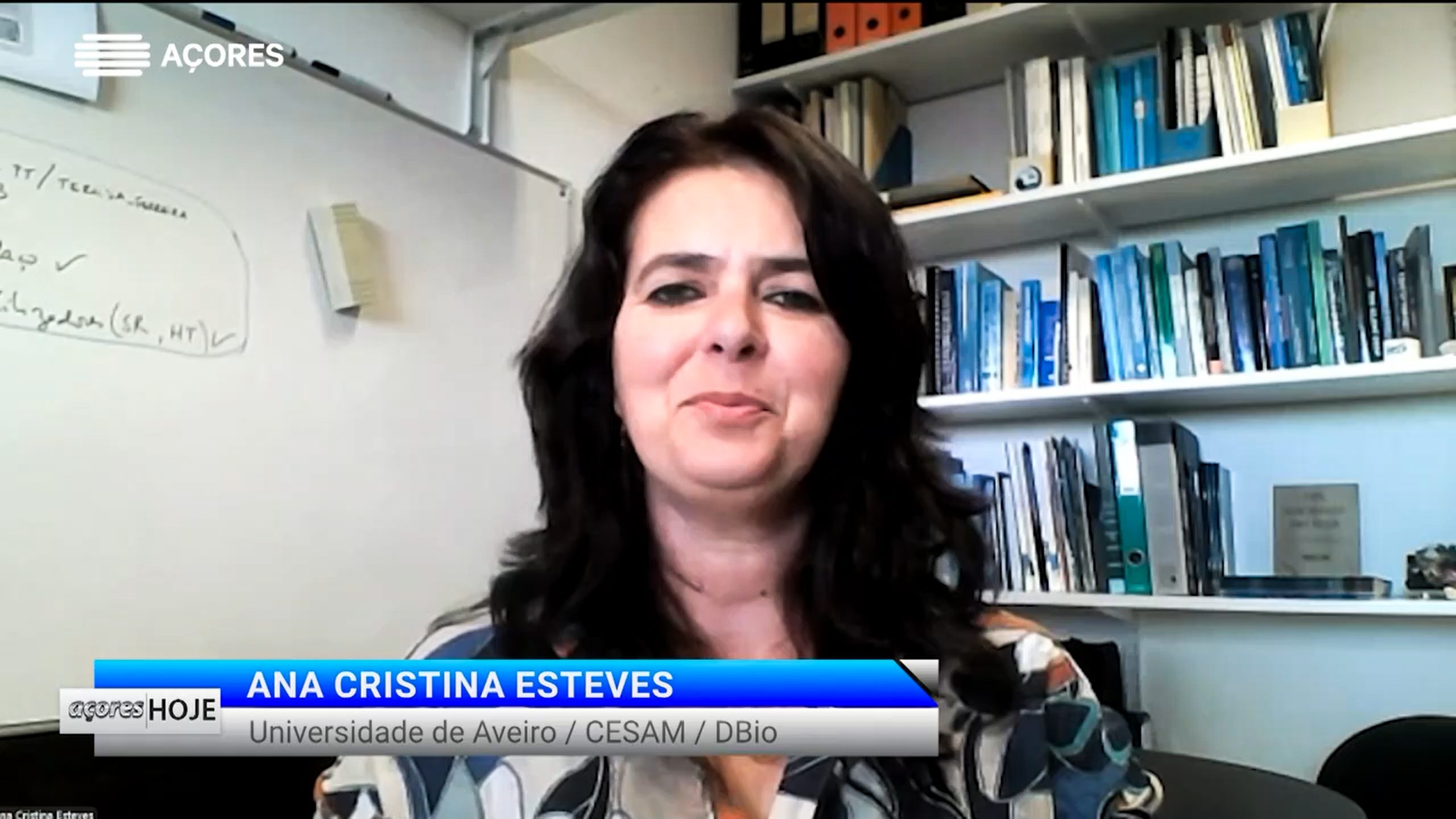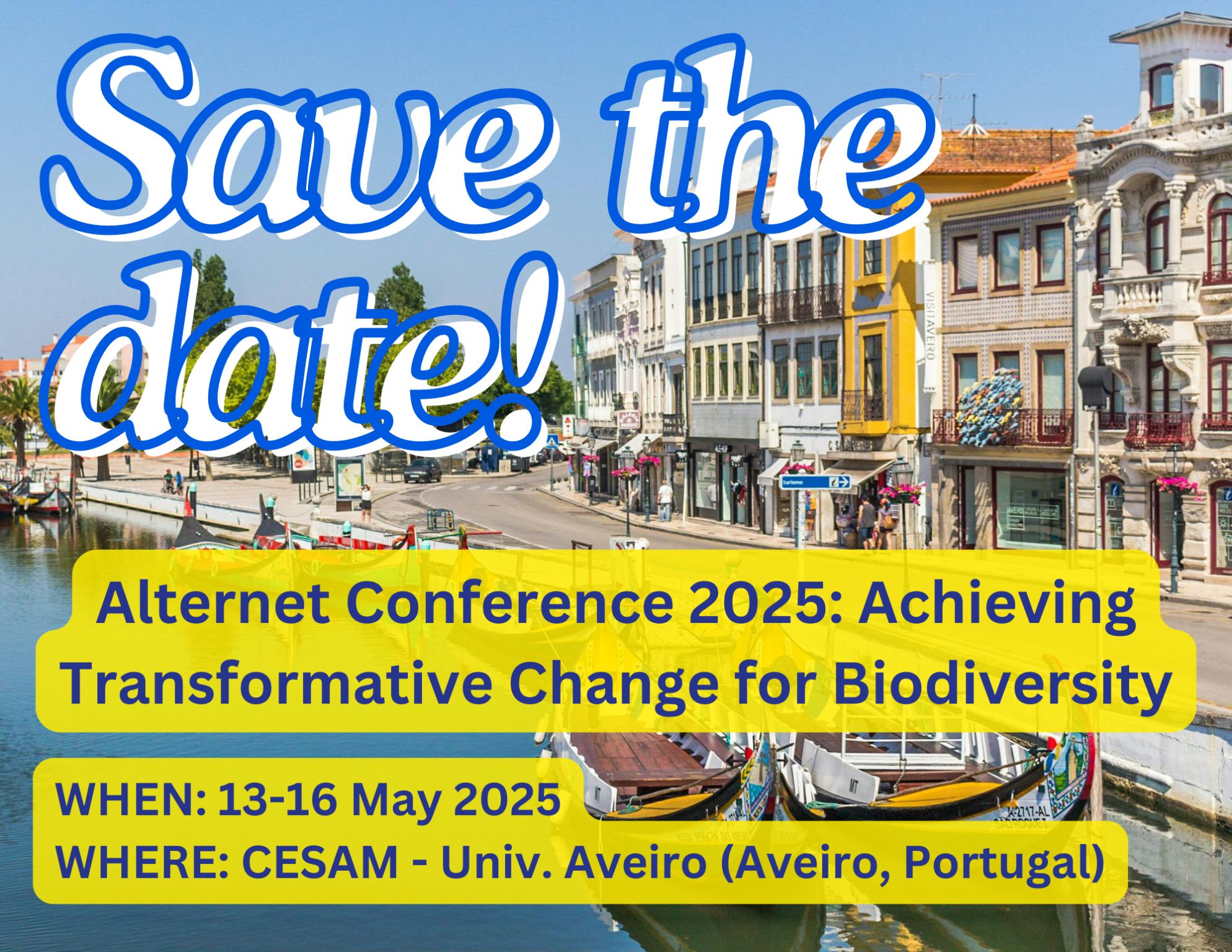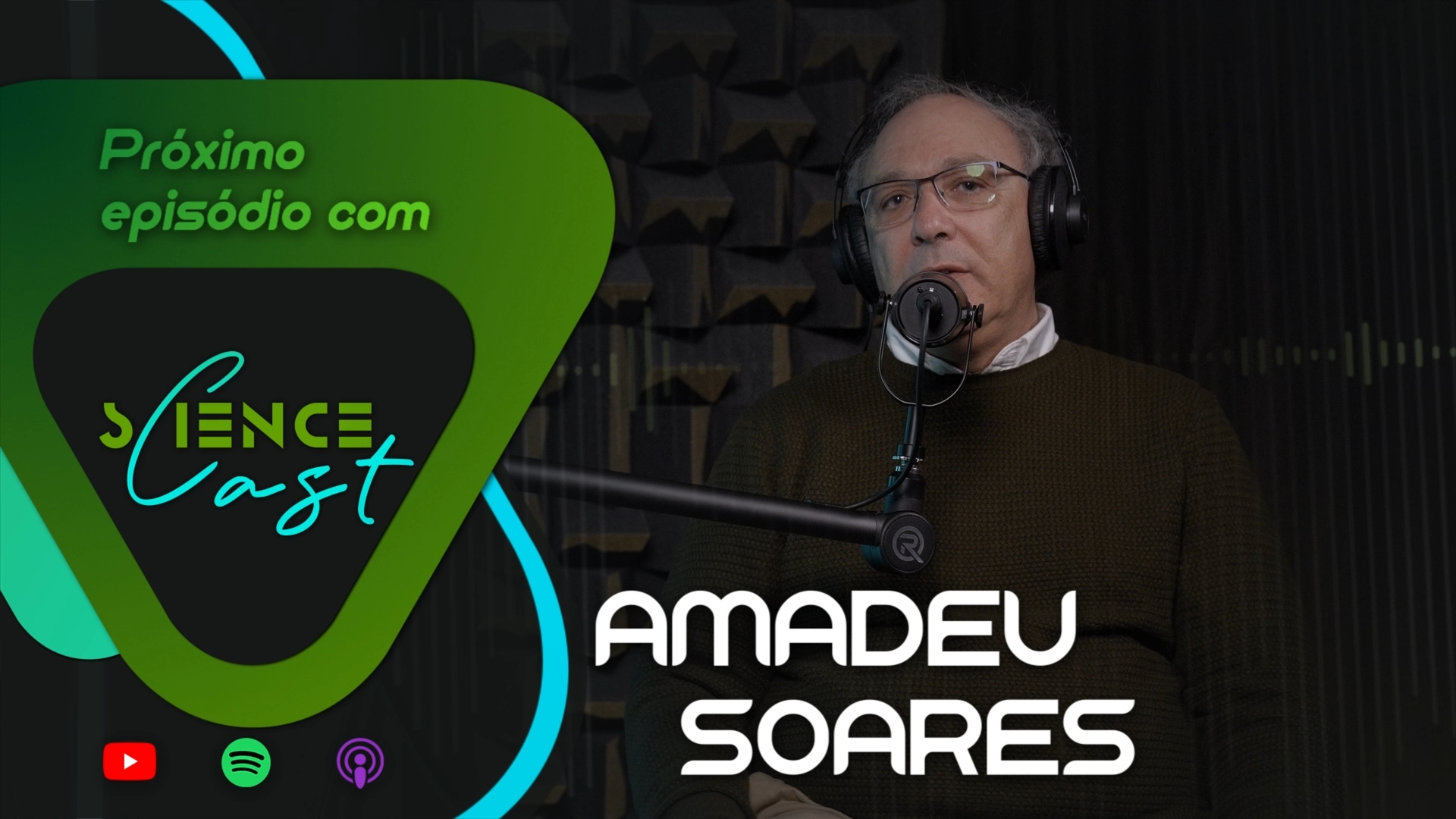The CCforBio project team, coordinated by researcher Bruna Oliveira (CESAM/DAO), was invited by Adolfo Portela Secondary School, through the student David Alves, to lead a training session on ecological restoration as part of the Citizenship and Development project.
The initiative began with a theoretical session at the school, which also included the participation of the Baixo Vouga Forestry Association, and culminated in the planting of 350 broadleaf trees in the CCforBio study area, located in the Mata Nacional das Dunas de Quiaios. This action represented a significant opportunity for the application of scientific knowledge to ecological restoration, promoting best practices in environmental management and reinforcing the importance of reforestation with native species.
The implementation of such activities is of particular relevance to CESAM, the Department of Environment and Planning (DAO), and the University of Aveiro, as it fosters environmental awareness, encourages the active participation of the younger community in biodiversity conservation, and contributes to the dissemination of scientific knowledge applied to sustainability. These initiatives reflect the ongoing commitment of these institutions to promoting science-based solutions for ecosystem preservation and environmental education.
@fundação Belmiro de Azevedo
@fundação para a ciência e tecnologia
@associação florestal do baixo vouga (AFBV)
@pefc
@icnf
@centro PINUS
